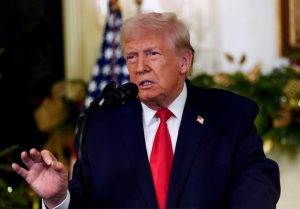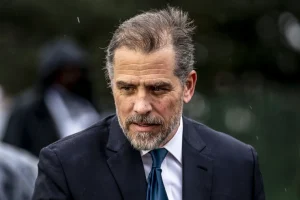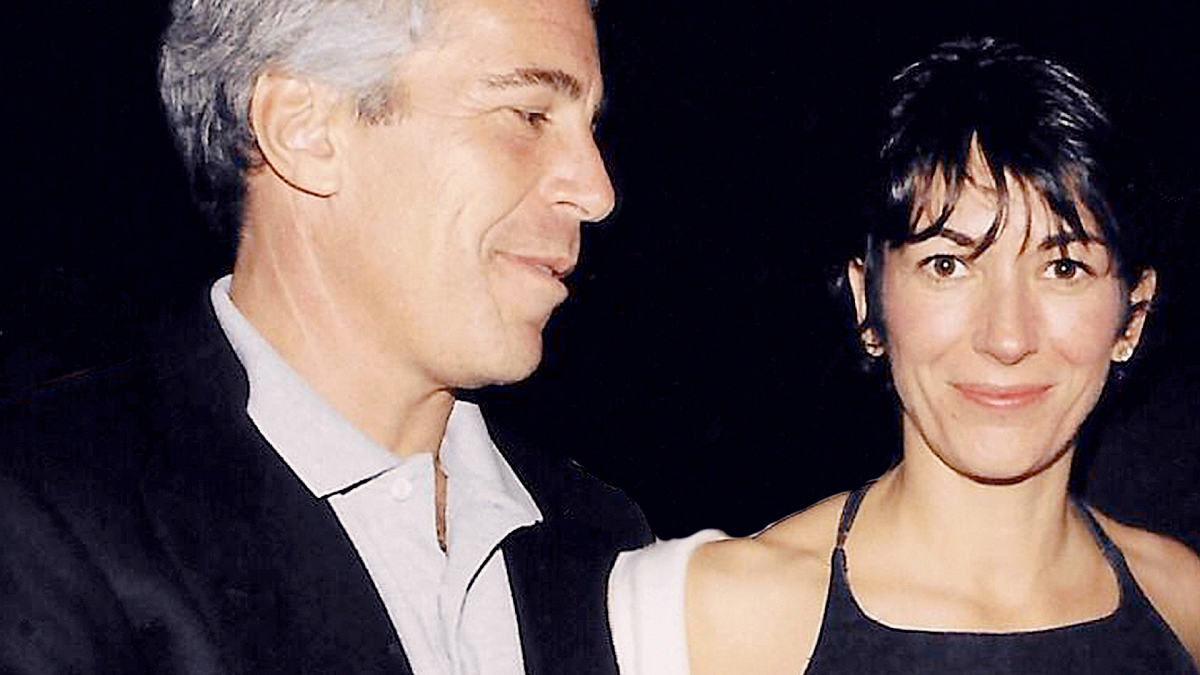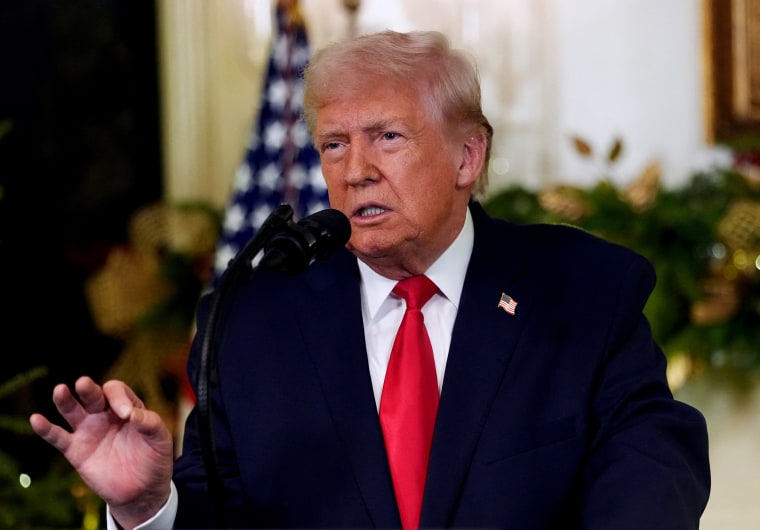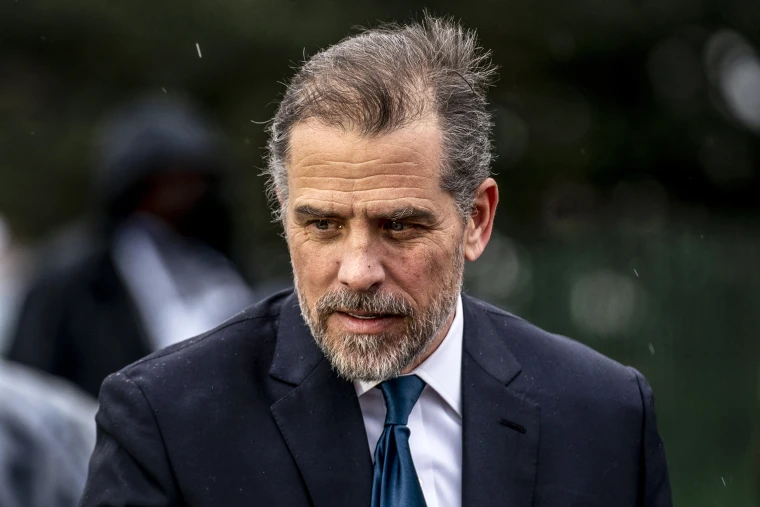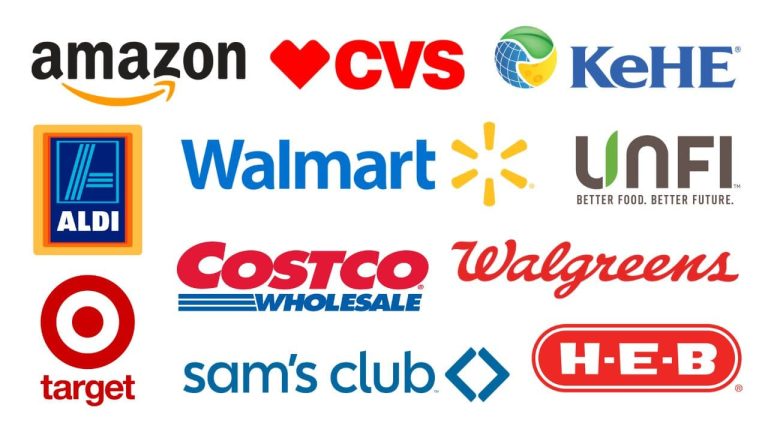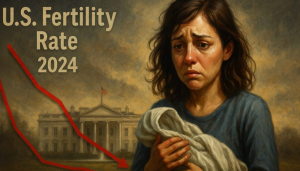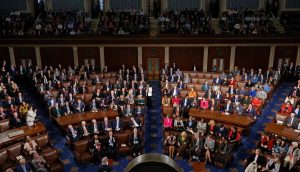NOTE: VIDEO AT THE END OF ARTICLE
Maxwell’s Congressional Testimony Could Expose Political, Intelligence Ties to Epstein
A new battle over transparency is emerging in Washington. This time, it centers on Ghislaine Maxwell—the convicted associate of Jeffrey Epstein, now serving a 20-year sentence in federal prison.
Congress is preparing to subpoena Maxwell. If she testifies, it could reshape how Americans understand not just Epstein’s operation, but the elite systems that enabled it.
This isn’t just about one woman. It’s about what—and who—she could expose.
Congress Eyes the Witness Stand
Lawmakers are pushing to bring Maxwell before Congress to testify about her role in Epstein’s sex trafficking network. If they succeed, it will mark the first time she has spoken publicly under oath since her conviction.
According to sources familiar with the process, the subpoena effort is gaining bipartisan traction, with members of the House Judiciary and Oversight Committees expressing support.
Congress has a long history of compelling testimony from convicted figures. Some names—Valachi, Cohen, Milken—became infamous. Maxwell could soon join their ranks.
Why Now?
This renewed push didn’t come out of nowhere. Public pressure on the Trump administration and Department of Justice to declassify Epstein-related documents has been mounting.
President Trump recently vowed to “release all credible evidence” tied to Epstein’s global operation. But a federal judge dealt the administration a setback this week by rejecting a request to unseal decades-old grand jury transcripts from Epstein’s Florida case.
The legal road may be blocked for now. That leaves Maxwell’s direct testimony as the next viable path toward accountability.
What’s at Stake?
Testimony from Maxwell could potentially shed light on:
-
How Epstein avoided prosecution for decades
-
Which high-profile individuals were protected
-
Whether intelligence agencies had knowledge—or involvement
-
How global trafficking networks were funded and covered up
Representative Elise Stefanik emphasized the stakes clearly:
“The American people deserve to know who enabled this system of exploitation and why justice was delayed for so long.”
The Intelligence Connection
The Epstein case has long carried the stench of espionage and elite manipulation.
Journalist Whitney Webb and others have pointed to connections between Epstein’s activities and foreign intelligence, particularly Israeli agency Mossad. Notably, Ghislaine’s father—media mogul Robert Maxwell—has been tied to Mossad operations in the past.
While none of these claims have been officially confirmed, they remain a source of speculation—and alarm.
Even Epstein’s own former attorney, Alan Dershowitz, acknowledged the intelligence chatter, suggesting that Epstein’s network may have involved blackmail of high-level political and corporate figures.
A History of Convicts Before Congress
If Maxwell testifies, she’ll join a list of controversial figures whose post-conviction testimony shaped public discourse and legislative history.
-
Michael Cohen (2019): Testified against President Trump on campaign finance violations and personal misconduct.
-
Michael Milken (1993): Spoke to Congress after a securities fraud conviction; later received a pardon.
-
Jack Ruby (1964): Interrogated by the Warren Commission after killing Lee Harvey Oswald.
-
Joseph Valachi (1962): Exposed the structure of the American Mafia, prompting sweeping anti-organized crime laws.
Each of these individuals left a legacy—not just in headlines, but in how America understood power and criminality.
Could Maxwell Rewrite Her Legacy?
For now, Maxwell maintains her innocence. But testifying under oath, under penalty of perjury, is a different matter.
Could she flip the narrative? Could she trade information for leniency? Would she name names?
Or would she refuse to cooperate, citing legal restrictions or fear for her safety?
These are questions that haunt the halls of Congress—and the corridors of power.
The Political Implications
For President Trump, who has promised a full declassification of Epstein files, the pressure is on.
Any failure to act decisively could undermine his transparency message. Yet any revelations from Maxwell could also implicate figures from multiple administrations—Republican and Democrat alike.
Congressional Republicans have seized on the issue as a matter of moral and institutional urgency. Representative Matt Gaetz warned that the credibility of law enforcement hinges on full disclosure:
“We cannot build public confidence if we shield those who operated in the shadows of power.”
What Happens Next?
Congressional aides say the subpoena process is likely to move forward by early fall. Legal experts warn it could face court challenges, especially from Maxwell’s attorneys.
Still, with classified records under lock and key, Maxwell’s voice may be the only one left that can publicly unravel what happened—and who was involved.
Conclusion: A Testimony That Could Shift the Narrative
If Ghislaine Maxwell is brought before Congress, it won’t just be another hearing. It could be a historical reckoning.
It could reveal the depths of protection offered to Epstein by those in power. It could confirm or challenge years of speculation about intelligence ties. It could destroy reputations—or vindicate conspiracy theories.
And for the millions of Americans still asking how Epstein operated in plain sight for decades, it could offer something that’s been in short supply: answers.
Whether or not Congress can secure her testimony, the pressure for transparency is no longer ignorable.
The truth is knocking. Whether it gets in depends on whether Congress is ready to open the door.

Emily Johnson is a critically acclaimed essayist and novelist known for her thought-provoking works centered on feminism, women’s rights, and modern relationships. Born and raised in Portland, Oregon, Emily grew up with a deep love of books, often spending her afternoons at her local library. She went on to study literature and gender studies at UCLA, where she became deeply involved in activism and began publishing essays in campus journals. Her debut essay collection, Voices Unbound, struck a chord with readers nationwide for its fearless exploration of gender dynamics, identity, and the challenges faced by women in contemporary society. Emily later transitioned into fiction, writing novels that balance compelling storytelling with social commentary. Her protagonists are often strong, multidimensional women navigating love, ambition, and the struggles of everyday life, making her a favorite among readers who crave authentic, relatable narratives. Critics praise her ability to merge personal intimacy with universal themes. Off the page, Emily is an advocate for women in publishing, leading workshops that encourage young female writers to embrace their voices. She lives in Seattle with her partner and two rescue cats, where she continues to write, teach, and inspire a new generation of storytellers.

